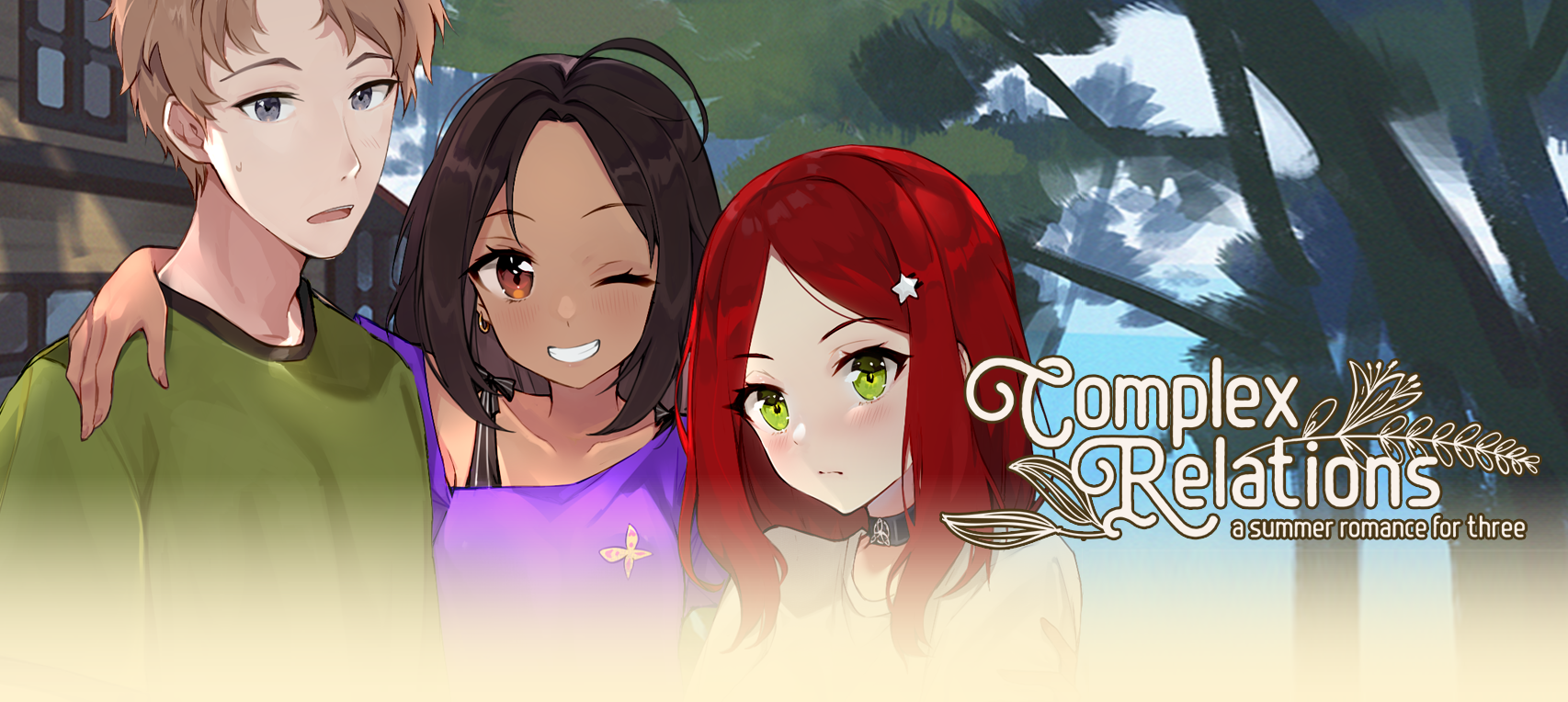Character Depth
In my last devlog, I brought up the subject of character depth as deserving its own discussion. To be honest, since it's already been the subject of countless discussions by other writers, I'd originally hoped to just throw a link to a summary of the topic into the previous article, with maybe a bit of added commentary, and avoid reinventing the wheel. But I wasn't able to find any explanations of the concept which I found satisfying, and a lot of the resources I was able to find offered what I thought seemed like decent guidelines for writing deep characters- if you already had a strong command of character depth and how to write it, and didn't need the advice. So I thought I'd take a stab at explaining my own thoughts on character depth, hopefully in a way where at least some readers who aren't already skilled at writing deep characters will find themselves better able to do so afterwards.
So, what exactly makes for a deep character? I have an answer which I think is helpful for building characters who feel deep, but sounds wrong, or at least unintuitive, so rather than disappointing readers with it after a lot of buildup, I'm going to throw it out and then focus on explaining and justifying it.
A deep character is one whose thoughts and behaviors audiences should be able to intuit, given a large and deeply interconnected web of information about them.
A lot of people find this model unconvincing off the bat. For one thing, shouldn't a deep character be surprising, rather than predictable? Well, yes, because the audience doesn't know everything about them. You can probably guess how people you're deeply familiar with, like your best friends and family members, will behave in most situations, but that doesn't mean they're shallow. On the contrary, in order to feel like a real person, it's important that a character think and behave in ways that audience members can connect with intuitively. A character whose thoughts and actions audiences can't anticipate at all, even after they've had the opportunity to become familiar, would be opaque, inconsistent, or alien; if there's any depth to their personality, the audience can't perceive it.
A character who audiences can predict with only a small amount of information is shallow; their personality only offers limited room for exploration before it's tapped out. A character whose personality is shaped by a large, but weakly-connected body of information is disjointed; their personality won't give the impression of resolving into a cohesive whole underlying all their behaviors.
There
are tips which show up in a lot of guides to writing depth, like
giving characters a balance of strengths and flaws, or internal
contradictions, or clear motives, which are correlated
with character depth, but won't create it in themselves. Take
Son Goku of Dragon Ball as an example:

Goku is strong, purehearted and courageous, but also dimwitted and ignorant about most things aside from fighting. He's constantly driven by a desire to improve himself and become the strongest, and while he mostly gets by with a happy-go-lucky attitude, his greatest feats usually require him to draw on raw fury and aggression. Is Goku a deep character? No, if anything he's probably made for an influential shonen hero template precisely because his personality is so simple and easy to copy.
As
archetypes become more entrenched, they also collapse down the amount
of information the audience needs to predict them.
For instance, even if the
character type might seem rich and nuanced to a totally unfamiliar
audience, audiences familiar with Japanese fiction conventions
probably have a good idea what to expect from a "tsundere
ojousama" character without needing any other personalizing
information.

But maybe she'd be deep if I also made her a catgirl?
A character whose personality is built around a large, interconnected web of information which isn't immediately accessible can surprise audiences repeatedly, and keep offering the impression of having new depths to explore, because the influences of things the audience doesn't know about them yet will keep arising in different contexts. Many of the qualities commonly associated with character depth- balance of strengths and flaws, internal contradictions, compelling goals, etc.- are neither necessary nor sufficient for a character to seem "deep," but as characters become fleshed out enough to reward extensive exploration, they'll tend to manifest those qualities anyway.
As I mentioned in the previous devlog, depth is largely separate from the sort of surprising familiarity that comes with real-life plausibility. Not only is it possible to write characters who're believable but not deep (because they don't receive much development,) it's totally possible to write characters who're deep and implausible. The Danganronpa series offers a good illustration of what this looks like in practice. You can write characters who're fleshed out enough to feel like people, without their seeming like people who might realistically exist.
The cast of Complex Relations is intended to be both deep and plausible though. Hopefully, when it's complete, people will feel it manages to deliver on that.
Get Complex Relations
Complex Relations
A hot summer romance for three
| Status | In development |
| Author | Amai Works |
| Genre | Visual Novel |
| Tags | 2D, Anime, Coming Of Age, Erotic, relationship, Ren'Py, Romance |
| Languages | English |
More posts
- Complex Relations updated demo releaseApr 16, 2025
- Complex Relations currently live on Kickstarter!Dec 24, 2021
- Kickstarter Launch Date SetDec 15, 2021
- Variable sex scenesOct 02, 2021
- Back on track for launchSep 26, 2021
- Delay to Kickstarter LaunchJun 01, 2021
- Moving towards KS launchMay 10, 2021
- Writing SexMay 02, 2021
- Update: KS video now in developmentApr 15, 2021

Leave a comment
Log in with itch.io to leave a comment.